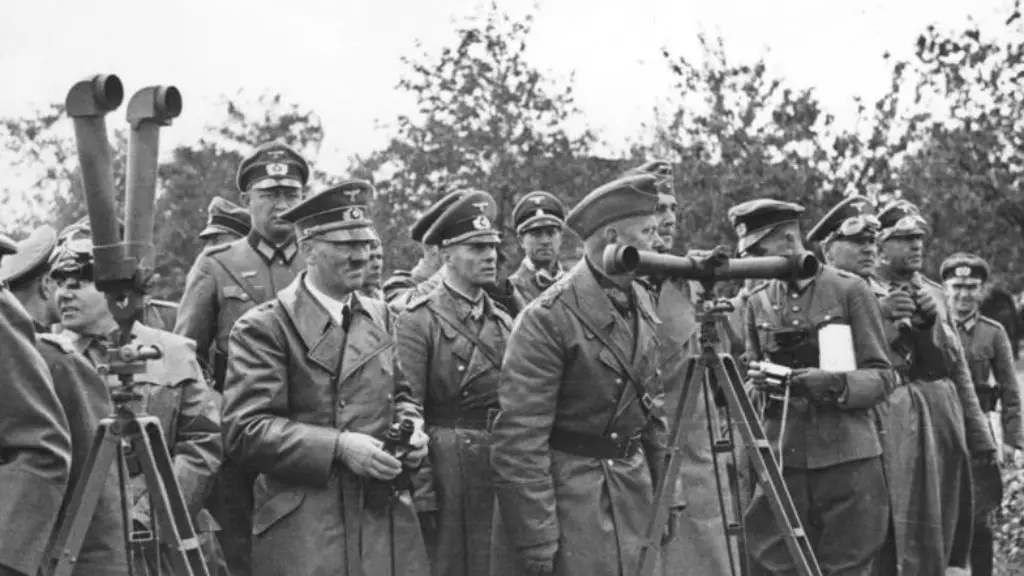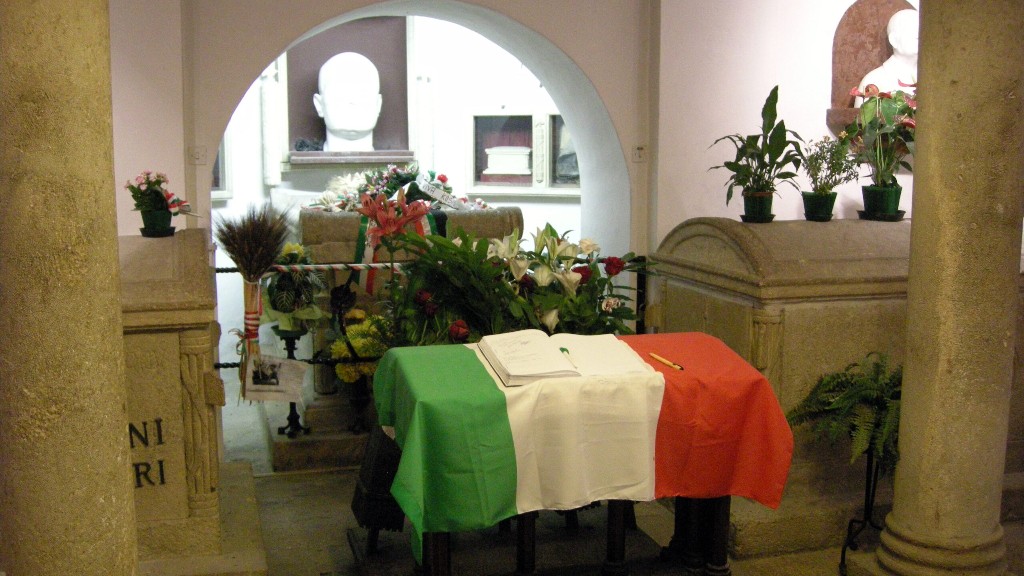Muammar Gaddafi, the former ruler of Libya, is widely seen as one of the most corrupt leaders of all time. Gaddafi was in power for more than four decades, and during his rule, he was widely accused of manipulating the Libyan economy and using his power to enrich himself and his relatives. From the 1970s until his death in 2011, Gaddafi was the subject of allegations of human rights violations, corruption and mismanagement of public funds, and many continue to investigate his death. He was so corrupt that his rule was widely seen as authoritarian
and oppressive.
Gaddafi’s corruption and kleptocracy of enriching his family and closest acquaintances has been widely documented by international and domestic organizations. According to Human Rights Watch, he used the economic development fund for his own interests rather than for the good of the people. He allegedly used the money to purchase luxury cars, jewelry and real estate, among other things. He also diverted state funds for his own use, such as purchasing a luxury yacht, private aircraft and other expensive items.
Gaddafi also used his position to influence government decisions. He had influence over the legislative process, and he frequently used his influence to appoint loyal officials to important positions. This enabled him to pass laws and regulations favorable to his associates. He also used his control over the media to manipulate the public, and his tight control of information was seen as a form of censorship.
Gaddafi was also widely criticized for his role in human rights abuses. He was accused of using tactics of terror to intimidate his opponents and suppress political activity. He also jailed and mistreated dissidents and political opponents, which was estimated to be in the thousands. His regime was also accused of using torture and other forms of cruel and inhuman treatment.
Gaddafi’s regime was also widely seen as undemocratic, and he manipulated the electoral system to ensure his own re-election. He also used his influence to manipulate the politics of neighboring countries such as Somalia, Tunisia and Egypt, among others.
Gaddafi’s death in 2011 was viewed by many as a symbol of justice and victory by the Libyan people, who had long suffered under his rule. His legacy of corruption and human rights abuses continues to haunt Libya to this day, and his death marked the end of his oppressive and corrupt rule.
Violation of International Laws
Gaddafi was accused of violating international laws, such as the United Nations Charter and the International Criminal Court Statute. He was also accused of violating the African Union Constitutive Act, which prohibits leaders from remaining in power indefinitely. He was also accused of deliberately targeting civilians in a variety of ways, including airstrikes and shelling, as well as the use of chemical weapons.
Gaddafi also supported a variety of terrorist activities, including providing financial and military support to a number of organizations designated as terrorist by the United Nations. He was also accused of supporting a variety of militias whose actions resulted in the deaths of many innocent civilians.
Gaddafi was also widely criticized for his role in the Lockerbie bombing, which killed 270 people. Gaddafi was believed to have provided financial and material support to the perpetrators of the attack.
Effects of Corruption on Libyan People
Gaddafi’s corruption and human rights abuses had a far-reaching effect on the people of Libya. His regime was widely seen as oppressive and repressive, and he was accused of using his power to enrich him and his family at the expense of the people.
His rule had a damaging effect on the economy, leading to poverty and inequality. The country was severely disrupted by his mismanagement of resources and public funds, leading to a deficit in public services and infrastructure. This deficit was exacerbated by the sanctions imposed by the UN and Libya’s international isolation, which further affected its economic situation.
Gaddafi’s legacy has left Libya in a state of economic and political instability, which has affected its citizens for generations. His rule was characterized by violence, exploitation and mismanagement, which has made Libya one of the most corrupt and unstable countries in the world.
International Condemnation of Gaddafi’s Rule
Gaddafi’s rule was widely condemned by the international community. The United Nations Security Council imposed sanctions against the Gaddafi regime in response to its human rights abuses and other atrocities. International organizations such as the International Criminal Court also sought to bring Gaddafi to justice for war crimes and violations of international law.
Gaddafi was also widely criticized and sanctioned by the international community for his involvement in the Lockerbie bombing. The US declared him a state-sponsor of terrorism, and he was also listed as a specially designated national under US law.
Gaddafi was also criticized for his support for a variety of terrorist organizations, which has led to the UN imposing sanctions on him and his family. These sanctions included an arms embargo, travel bans, asset freezes and financial restrictions.
Gaddafi’s Death and Its Aftermath
Gaddafi’s death in 2011 was seen as a victory by the Libyan people, who had suffered under his rule for more than four decades. However, the aftermath of his death was far from peaceful, with ongoing violence, political turmoil and economic instability.
Gaddafi’s rule left a legacy of corruption and violence, which has left many of the Libyan people feeling disillusioned and hopeless. The schism between the people can be seen to this day, and the future of Libya remains uncertain.
Gaddafi’s death was a moment of triumph for the people of Libya, but it has also highlighted the need for international cooperation in order to ensure that future regimes are not allowed to abuse their power and oppress their people.
Conclusion
Muammar Gaddafi’s rule of Libya was widely seen as one of the most corrupt and oppressive of all time. Gaddafi was accused of manipulating the Libyan economy, misusing public funds, influencing government decisions and oppressing his political opponents. He was also accused of human rights abuses, violations of international law and supporting terrorism. His rule was characterized by violence, exploitation and mismanagement, which has left the country in a state of economic and political instability. Gaddafi’s legacy continues to haunt Libya to this day, and his death marked the end of his authoritarian and oppressive rule.



